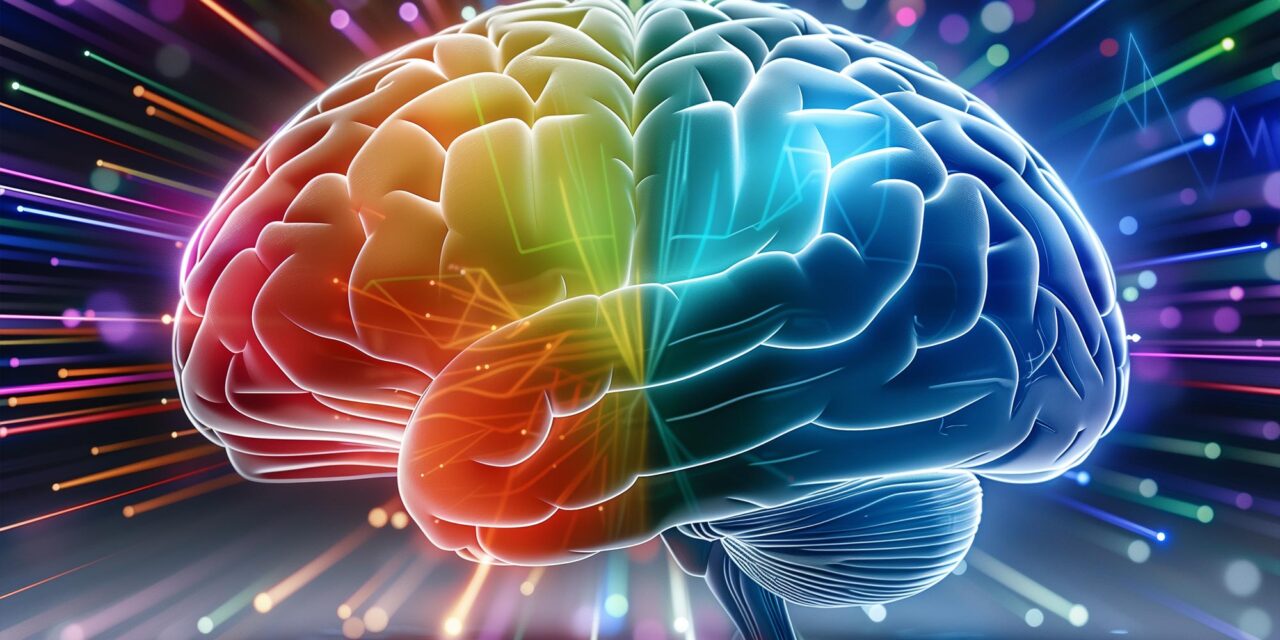A recent meta-analysis published in the Psychological Bulletin by the American Psychological Association unveils a surprising insight into the nature of mental exertion. Contrary to the common belief that people might enjoy the challenge of thinking hard, the study suggests that mental effort is generally associated with unpleasant feelings.
Senior author Dr. Erik Bijleveld of Radboud University led the research, which analyzed 170 studies conducted between 2019 and 2020, involving 4,670 participants. The findings indicate that mental effort is linked with feelings of frustration, irritation, stress, and annoyance, regardless of the task or the participant’s background.
“Managers often encourage employees, and teachers often encourage students, to exert mental effort,” Bijleveld explains. “On the surface, this seems to work well: Employees and students do often opt for mentally challenging activities. However, our results suggest that this conclusion would be false. In general, people really dislike mental effort.”
The meta-analysis encompassed a diverse range of participants, including health care employees, military personnel, amateur athletes, and college students from 29 countries. Participants were engaged in 358 different cognitive tasks, such as learning new technologies, navigating unfamiliar environments, practicing sports, and playing virtual reality games. Across all these tasks, a clear pattern emerged: greater mental effort was consistently associated with greater unpleasantness.
The research also revealed an interesting cultural difference. While the aversiveness of mental effort was evident globally, it was less pronounced in studies conducted in Asian countries compared to those in Europe or North America. Bijleveld suggests that this may be due to the higher levels of mental exertion typically experienced by students in Asian countries from a young age, which might make them more resilient to mental discomfort.
Despite the aversive nature of mentally challenging tasks, people often engage in them voluntarily. Dr. Bijleveld points out that this paradox can be explained by the perceived rewards associated with such activities. “For example, why do millions of people play chess?” he asks. “People may learn that exerting mental effort in specific activities is likely to lead to reward. If the benefits of chess outweigh the costs, people may choose to play chess and even self-report that they enjoy it.”
Bijleveld emphasizes that while people may choose mentally effortful activities despite the discomfort, it does not necessarily mean they enjoy the mental effort itself. “Perhaps people choose mentally effortful activities despite the effort, not because of it,” he concludes.
The study’s findings have practical implications for professionals in various fields. Engineers, educators, and designers should be mindful of the unpleasant nature of mental effort and consider providing adequate support or rewards to mitigate the associated discomfort.












